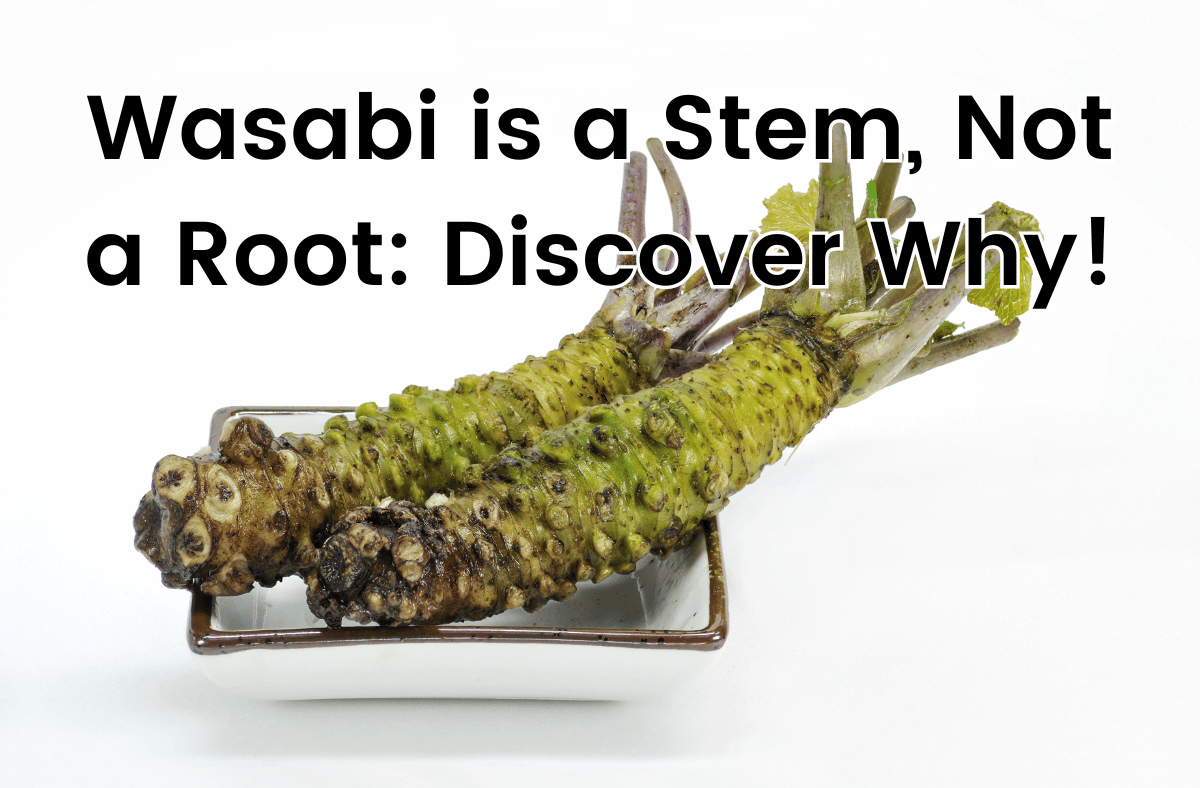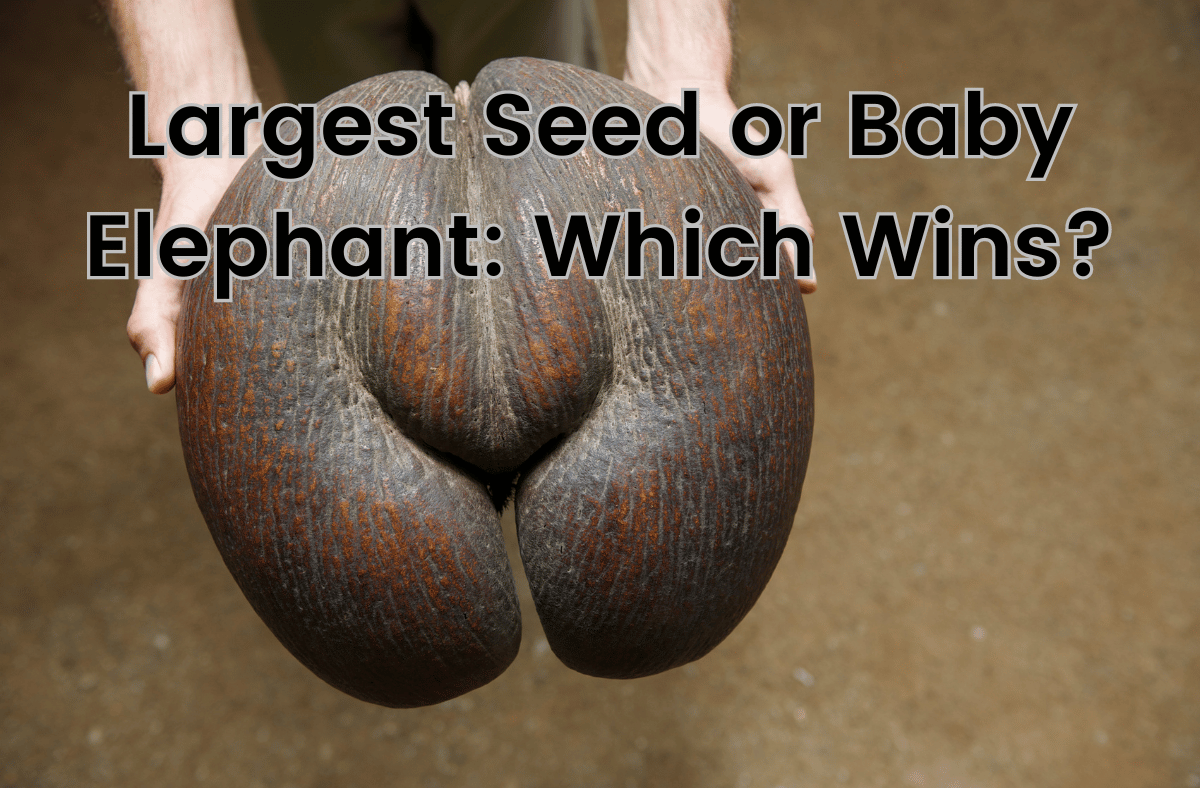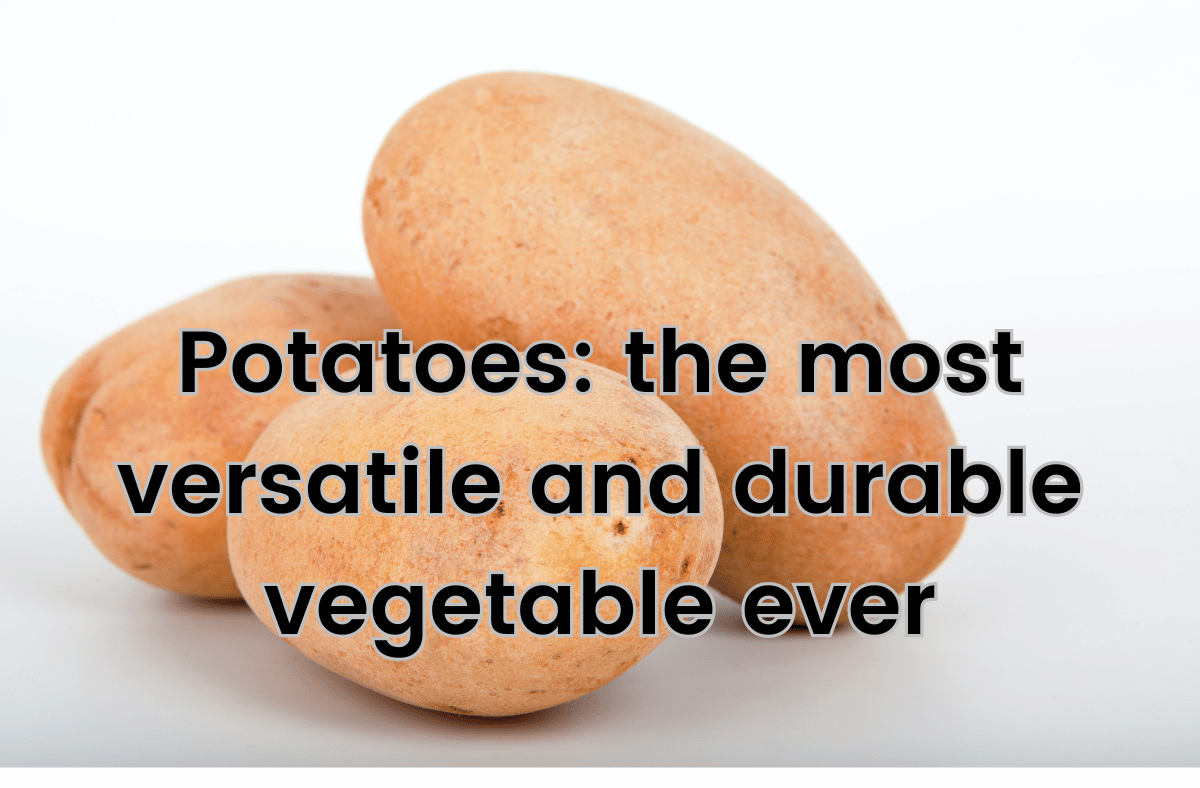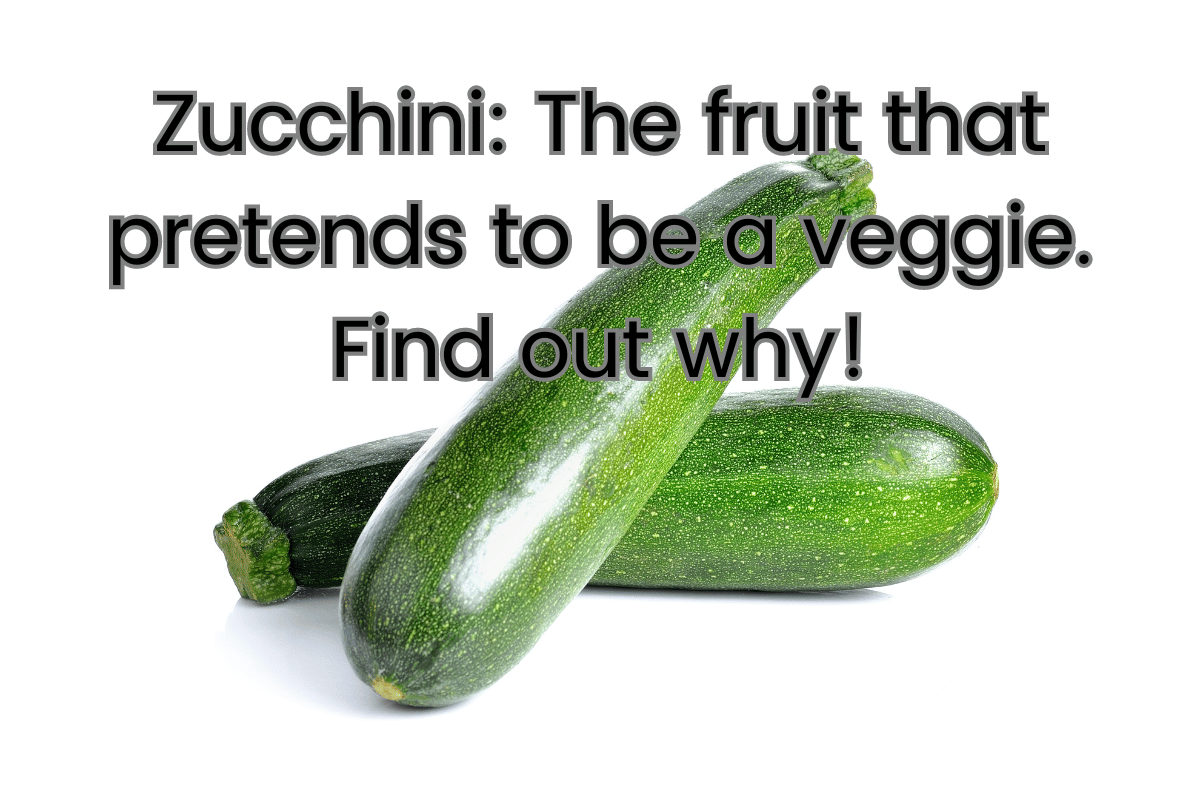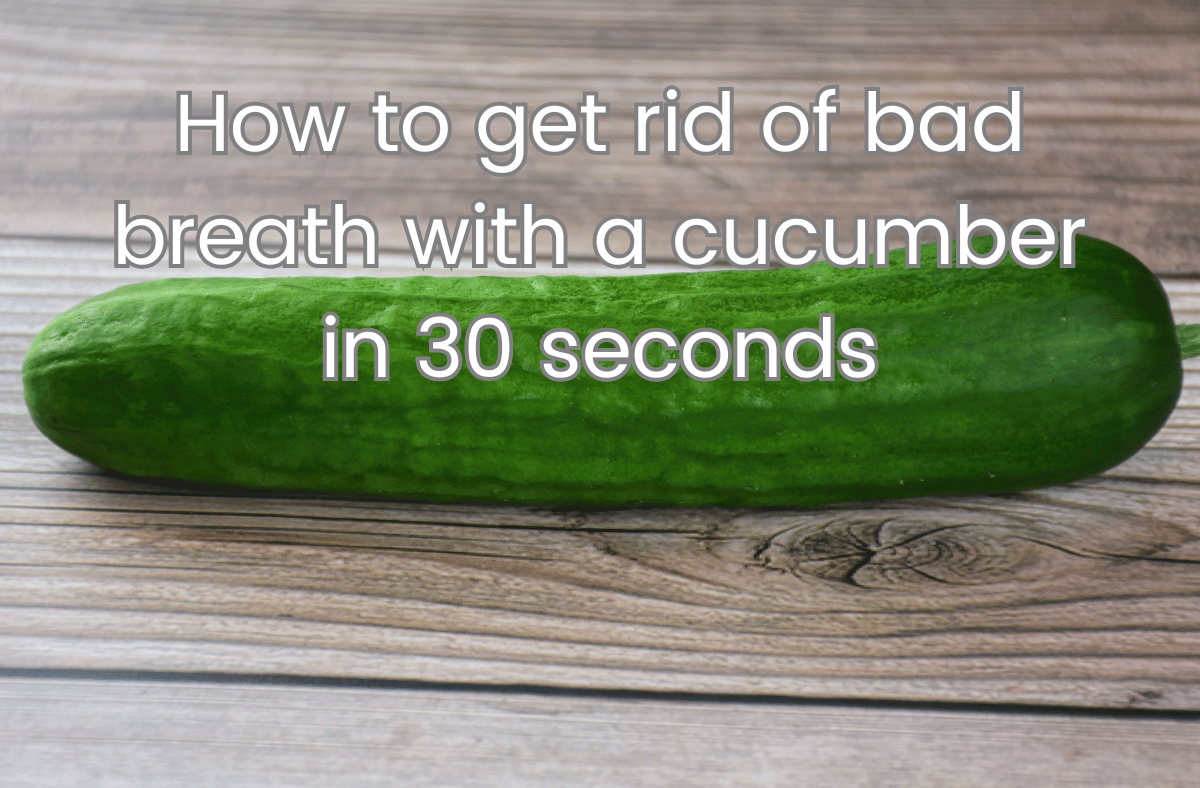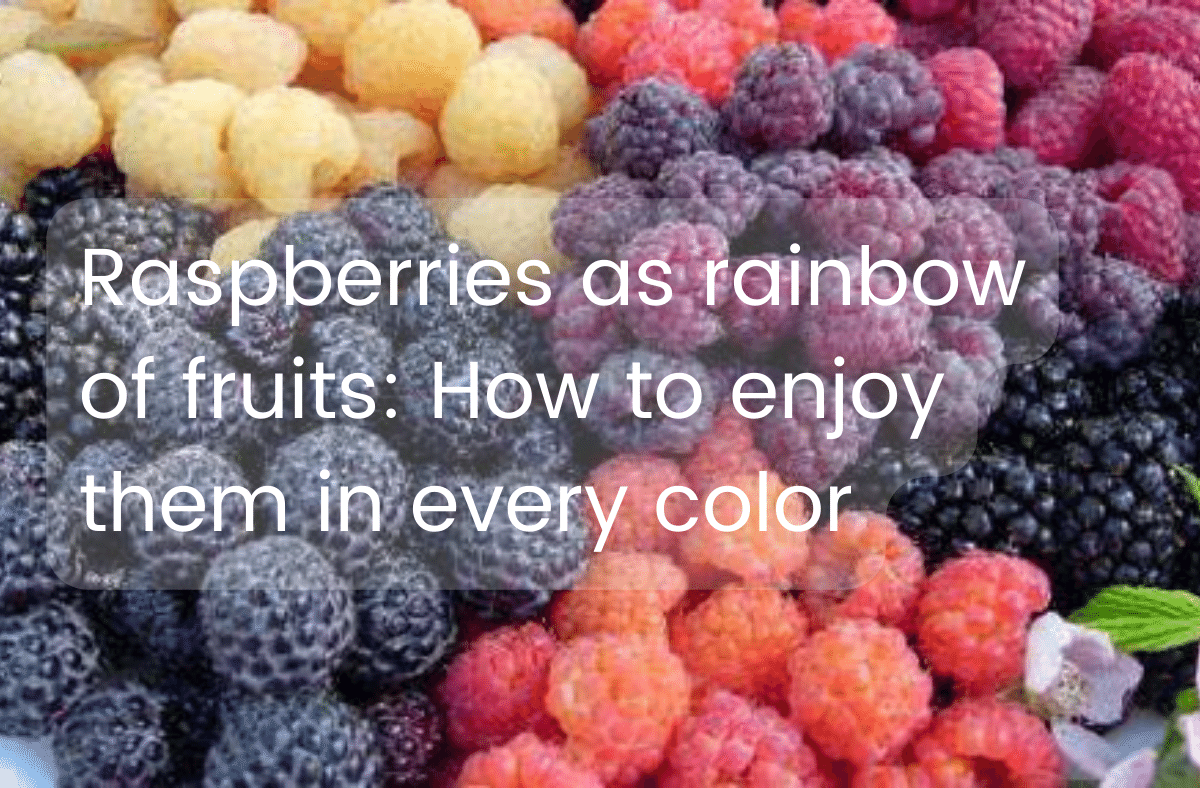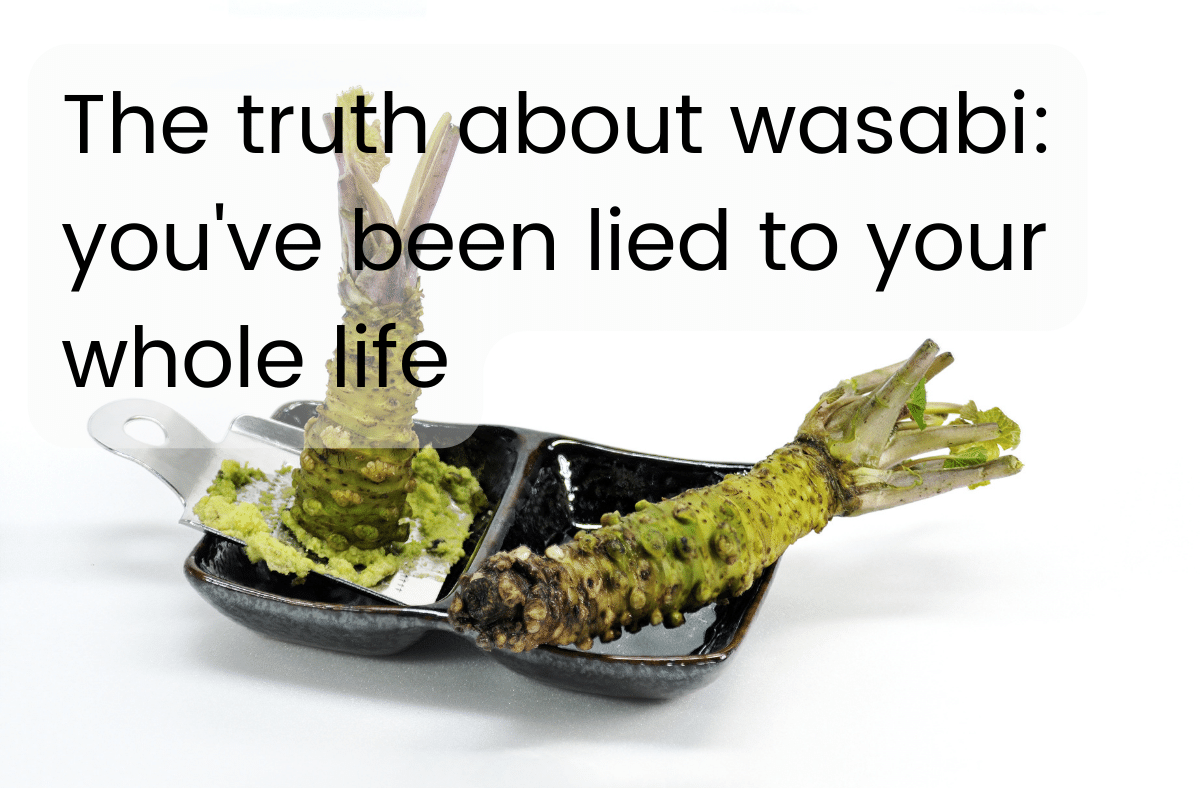For those in a hurry:
- Grapes are toxic to dogs because they can cause kidney failure and death.
- The exact substance that makes grapes toxic is unknown, but it affects dogs of any age, breed, or size.
- Symptoms of grape toxicity include vomiting, diarrhea, lethargy, dehydration, and reduced urine output.
- If your dog eats grapes, call your vet immediately and follow their instructions.
- The best way to prevent grape toxicity is to keep grapes and raisins out of your dog’s reach and never feed them as snacks.
What Makes Grapes Toxic to Dogs?
Grapes are a delicious and healthy fruit for humans, but they can be deadly for dogs. It contain a substance that can damage your dog’s kidneys and cause acute kidney failure. The exact substance that makes grapes toxic is still unknown, but it seems to affect dogs of any age, breed, or size. Even a small amount of grapes can be fatal for some dogs, while others may not show any symptoms.
Grapes: How to Recognize Toxicity in Dogs?
If your dog eats it, you may notice some signs of grape toxicity within a few hours or days. The most common symptoms are vomiting and diarrhea, which may contain pieces of grapes or raisins. Your dog may also become lethargic, dehydrated, and lose their appetite. As the kidney damage progresses, your dog may produce less urine or stop urinating altogether. This can lead to a buildup of toxins in the blood and cause seizures, coma, or death.
What to Do If Your Dog Eats It?
If you suspect that your dog has eaten grapes or raisins, you should call your vet immediately and follow their instructions. Your vet may ask you to induce vomiting at home or bring your dog to the clinic for treatment. Depending on the severity of the case, your vet may perform blood tests, urine tests, intravenous fluids, medications, or dialysis to help your dog recover. The prognosis for grape toxicity depends on how much your dog ate, how soon you sought treatment, and how well your dog responds to therapy.
How to Prevent Toxicity in Dogs?
The best way to prevent grape toxicity in dogs is to keep grapes and raisins out of your dog’s reach and never feed them as snacks. You should also avoid giving your dog any foods that contain grapes or raisins, such as cakes, cookies, trail mix, or cereal bars. If you have grapevines in your garden, make sure your dog cannot access them or eat the fallen fruits. You should also educate your family and friends about the dangers of grapes for dogs and ask them not to share their snacks with your pup.





